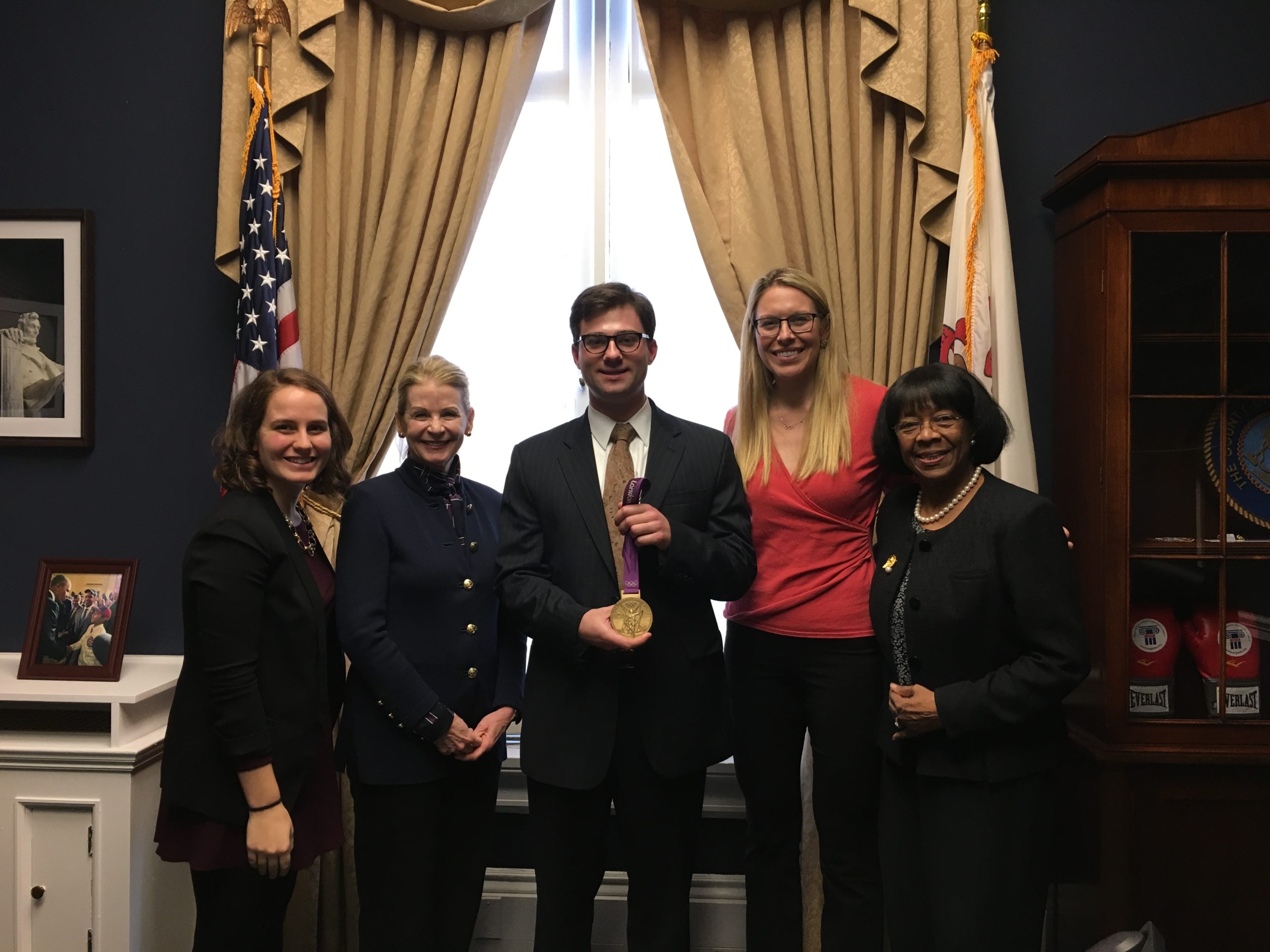Abortion rights, women of color, and LGBTQIA+ people are under attack. Pledge to join us in fighting for gender justice.
Chicago Students’ Need Fully Formed Resources, Not Half-Baked Policies


At 16, my friend (I’ll refer to her as ‘A’) told me that she was homeless. For more than a year, she had been moonlighting as a janitor in hotels, showering in 24-hour gyms, and finishing homework in her car in early mornings before school. Her employer paid her in cash and didn’t ask about her age.
With no resources, nowhere to go, and graduation rapidly approaching, she finally agreed to tell a teacher and ask for help to find places to live. And…nothing changed. Although our teacher was sympathetic, busy counselors never followed up with resources for A and her case became one of the many paperwork trails to nowhere in our severely under-resourced Northern California school. She eventually graduated without ever having seen her guidance counselor.
Student stories like A’s are repeated throughout the country in under-resourced neighborhood schools with more police enforcement than counselors. However, instead of supporting policies and funding resources that would address the root causes of the opportunity gaps faced by students like A, too many politicians promote policies that punish students instead of giving them the help they need.
Chicago’s recently announced policy regarding students’ post-graduation plans does exactly that. Starting in 2020, seniors in Chicago’s public schools will have to prove that they have a job, a college acceptance letter, are enrolled in a gap-year program, or have enlisted in the military as a condition of graduating from high school. Proposed by Mayor Rahm Emanuel, this new requirement comes after years of devastating budget cuts, mass layoffs, and questionable city-ordered school closures, leaving many of Chicago’s neediest students in overcrowded schools with little to no access to libraries, educators or counselors. This past year alone, Chicago laid off 1,000 teachers and other staff members—eliminating many of the people and resources who would help students develop their post-graduation plans.
Without any additional funding, Chicago’s remaining guidance counselors—who already have caseloads up to 400 students—would probably take on this additional responsibility. Poorly-developed, sound-bite policies like this one only create more hurdles for students whose path to high school graduation is already littered with obstacles. Without meaningful support, these students may continue working jobs that endanger their lives, enroll in low-quality, for-profit schools that put them in massive debt with limited future earnings, or simply drop out. Students who face dire challenges like trauma, homelessness, and food insecurity already fall through the cracks of schools that lack the capacity to address their needs. Adding paperwork without adding staff limits counselors’ capacity to interact with students one-on-one, the one strategy that actually makes a difference. By further burdening principals, teachers, and counselors with even more unfunded mandates, policies like these all but guarantee that students whose basic needs are already unmet will continue to be overlooked.
Like elected officials who support budget cuts for job training while proposing work requirements for recipients of public benefits like Medicaid, Emanuel’s strategy here is similar to that of every other politician who preaches “personal responsibility” for others while failing to take responsibility for how their own policies create and reinforce their constituents’ biggest problems. To thrive in their communities, students don’t need half-baked policy proposals. They need fully and fairly funded schools, staffed by compassionate and effective educators, counselors, and other vital school employees. More broadly, these students’ families and communities need economic justice—including a living wage, protections against workplace discrimination and abuse, affordable housing, and more—so they can focus on learning instead of struggling to survive like my friend A.




